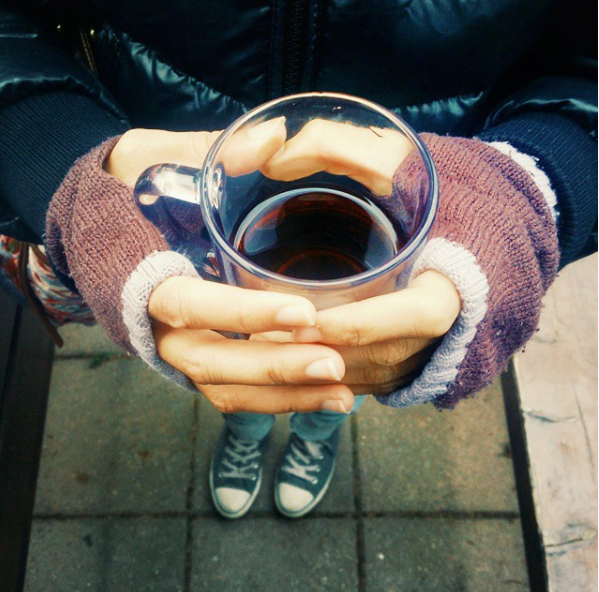
If You’re Wondering How the Germans Do it the Secret Is Wine

If You’re Wondering How the Germans Do it the Secret Is Wine
Glühwein in Thuringia
The shuttle bus drops us on a rocky tarmac that looks like a huge parking space in the middle of nowhere. As we step off the vehicle, we hear a tacky Christmas song blaring in the background. A presenter is rambling on his microphone, welcoming visitors to the Weihnachtstal (Christmas Valley) and spouting directions to first-timers.
We’re a group of four: two German friends and my husband, geared up to tackle all five miles of the Christmas Valley. We see crowds streaming through in both directions of the trail. Those coming out of it–cheeks flushed and looking spent–must have started their walk before noon. The Weihnachtstal is not for the weak; it’s for the hardcore Christmas market lovers.
But I’m not a hardcore Christmas market lover. I’m a transplanted Malaysian in eastern Germany. And unlike most Germans, I hate walking. Hiking through the forest in sub-zero temperatures isn’t my idea of getting into the festive mood. A year and half ago, we’d gone and I couldn’t feel my feet for days.
“Oh, come on, there’ll be loads of Glühwein,” Christian cajoled me into going when we were invited this year. I agreed, albeit reluctantly. I do love a mug or two of Glühwein. Maybe this year it’ll be different. Maybe now, I’ve grown my pair of German walking feet.
On the third Advent of each year, the Eisenberger Mühltal (valley of the mills) located between Weißenborn and Kursdorf in Thuringia, transforms into a giant, illuminated Christmas market; thus its name, the Christmas Valley. Christmas market stalls will be set up at certain points in the forest and in the grounds of the former mills, to sell piping hot Christmas treats, warm drinks, and festive trinkets.
The festive energy is apparent as we get closer. I’ve forgotten how beautiful it is. Bathed in the wintry light and infused with the spirit of cheer, the Weihnachtstal becomes a bona-fide enchanted forest. Farther down the path, the twinkling fairy lights beckon us in.
Before heading in, Lucy pulls us aside. She takes out two thermos flasks out of her backpack and shoves one into our hands. “Drink up,” she orders and pours us a cup.
The spicy sugary fumes hit my nostrils as I bring the cup to my mouth. Glühwein, known as mulled wine to the rest of the world, is a precious tradition that all Germans worship. The traditional recipe is mulled red or white wine, with sugar, lemon zest, and spices: cinnamon, cardamom, cloves, star anise.
But hardcore Germans like taking their traditions a notch further. Like starting to drink Glühwein before getting to a Glühwein stall. It’s like prepping the taste buds for the ultimate treat.
At freezing temperatures, the Glühwein rouses a glow within. No wonder the Germans call it a soul-warming drink. The minute the fiery wine passes my throat, the warmth spreads gently and slowly, a pleasurable journey to other parts of my body. The profusion of warmth is an exquisite pleasure. My body now tingles.
“I’m ready,” I holler and run after my German friends. I’ve got my German feet now.